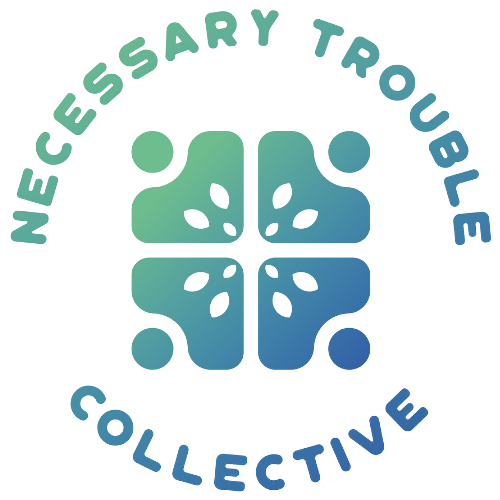DAY 35: Give up expecting People of Colour to educate you on racism
Educating white-identified folks about racism often comes at a cost to BIPOC folks. Whether it be moments of disbelief or genuine confusion, these reactions can land as a continued dismissal of one's lived experience. It may not be the intention, but it generates harmful impacts all the same.
We clearly are living in a moment where there is plenty of talk of racism and what it means to be anti-racist. It is what has inspired this campaign and it is also part of what has created a growing curiosity about what it takes to address racism in the places we live, work and play.
Along the way, it has also stimulated some tension. If racism is an experience unique to Black, Indigenous, People of Colour, doesn’t it make sense that people of colour should be accessible to and willing to educate white-identified people about racism and oppression?
What we hold is that examining racism, its impacts, including how it shapes your view of the world is a space for learning, deepening your own understanding. Approaching people of colour to educate you isn’t enough.
In our work with people who are curious to committed to anti-racism, we’ve learned that if you really want to expand your understanding of white supremacist culture and racism , you need some willingness to be vulnerable, a willingness to approach things with a beginner’s mind and a space to process the intensity of feelings that can come up as we start to dismantle our limited views of the world and our understanding of it.
It requires humility and intention. None of these things can be given to you or transferred to you just by asking questions of BIPOC folks. You can get there through your own careful examination.
TIP: When you are willing to move beyond curiosity to commitment to understand how whiteness and white supremacist culture has shaped your own understanding of the world or when you are ready to take in the impact of racism in the lives of BIPOC folks, we invite to start in a place of reflection. Anti-racism work is not about understanding BIPOC folks, its first job is to understand whiteness, why it was created, in what ways it has shaped you, and how white-identified people can free themselves from it.
